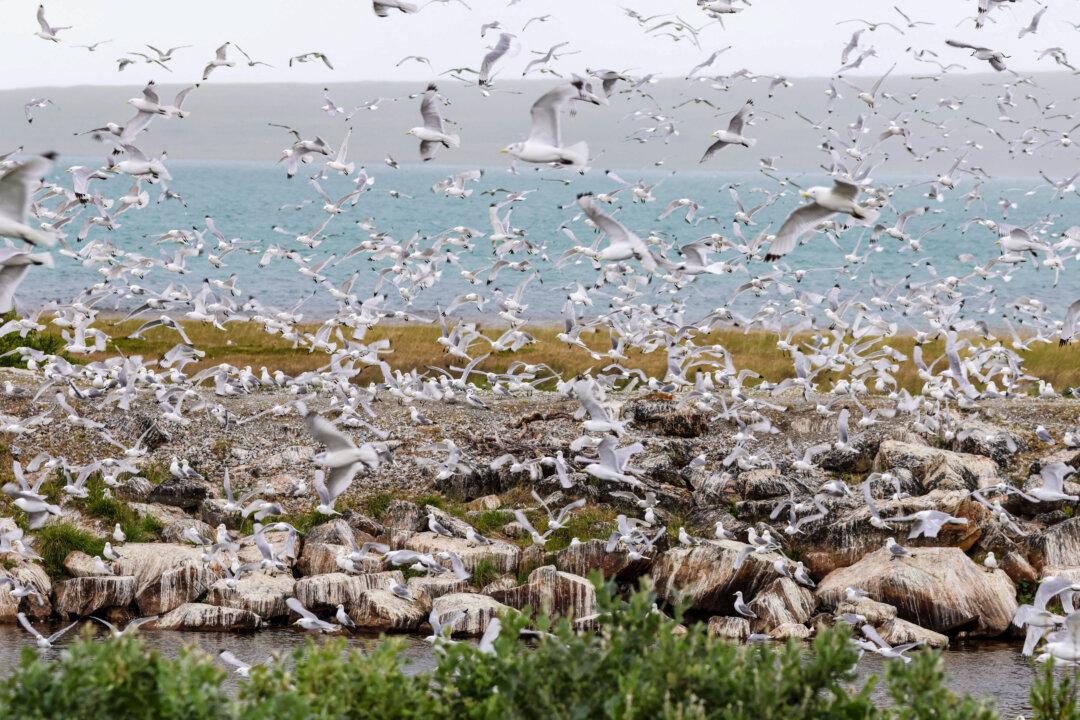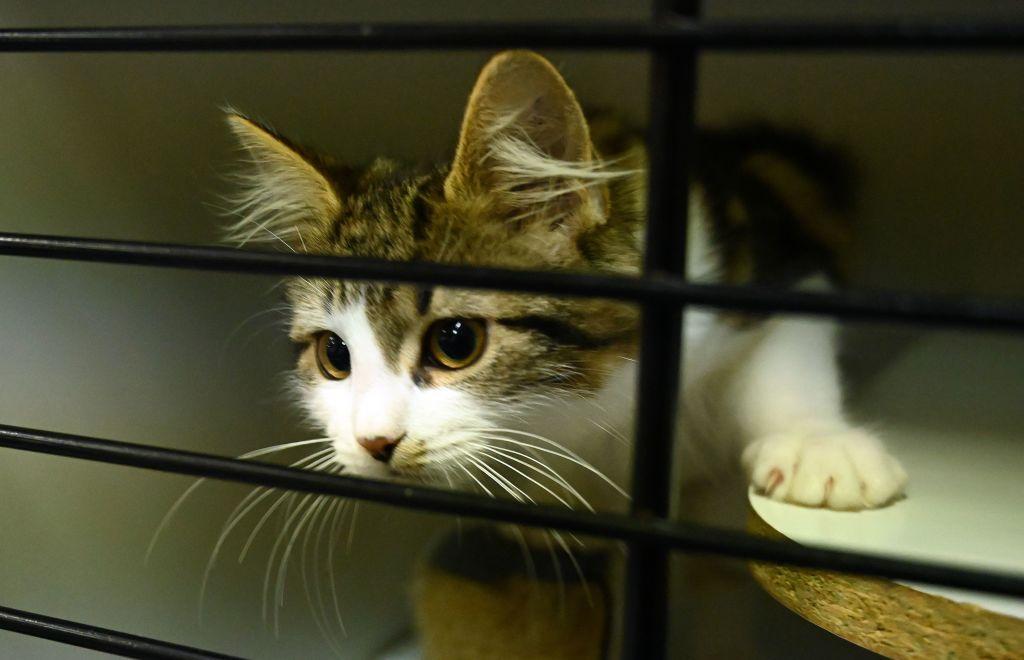Australia is preparing for an outbreak of the deadly avian influenza strain, H5N1, which is spreading across other continents and has affected millions of animals.
Currently, no cases of H5N1 have been detected in Australian animals, and it is the only continent without an outbreak. However, there are concerns that the strain could enter the nation through migratory birds.




